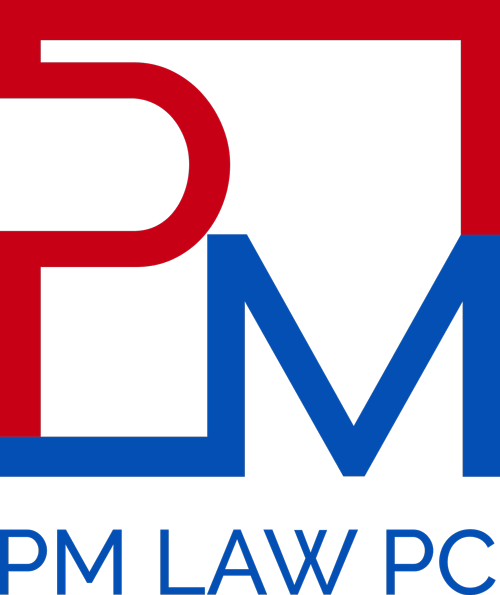When a homeowner realizes that they can’t make their mortgage payments, it may seem like the end of the world. This stress is often coupled with the stresses associated with an inability to pay other bills and meet other financial needs.
For some, the need to regain control of their finances leads them to file bankruptcy. One option is Chapter 13 bankruptcy, which requires regular payments to a bankruptcy trustee. It can also help homeowners to prevent foreclosure, which may reduce stress for some filers.
Halting the foreclosure process
When an individual files for Chapter 13 bankruptcy, an automatic stay immediately goes into effect. This stay stops creditors from pursuing debt collection activities, including foreclosure on a home. Essentially, the filing of a Chapter 13 bankruptcy petition gives the homeowner a chance to catch up on overdue mortgage payments through a court-approved repayment plan, thus preventing the foreclosure from proceeding while the stay is in effect.
Reorganizing debt through a repayment plan
Chapter 13 bankruptcy allows individuals to reorganize their debts and propose a repayment plan to make manageable payments over a period of three to five years. This plan can include provisions for catching up on missed mortgage payments for homeowners facing foreclosure.
Protecting the home long-term
Filing for Chapter 13 bankruptcy can stop the foreclosure process temporarily and provide a structured way for homeowners to save their homes in the long run. By successfully completing the Chapter 13 repayment plan, homeowners can emerge from bankruptcy having caught up on all past due payments.
It’s important for homeowners to adhere strictly to the terms of their repayment plan. Failure to make agreed-upon payments can lead to the lifting of the automatic stay and the resumption of foreclosure proceedings.
